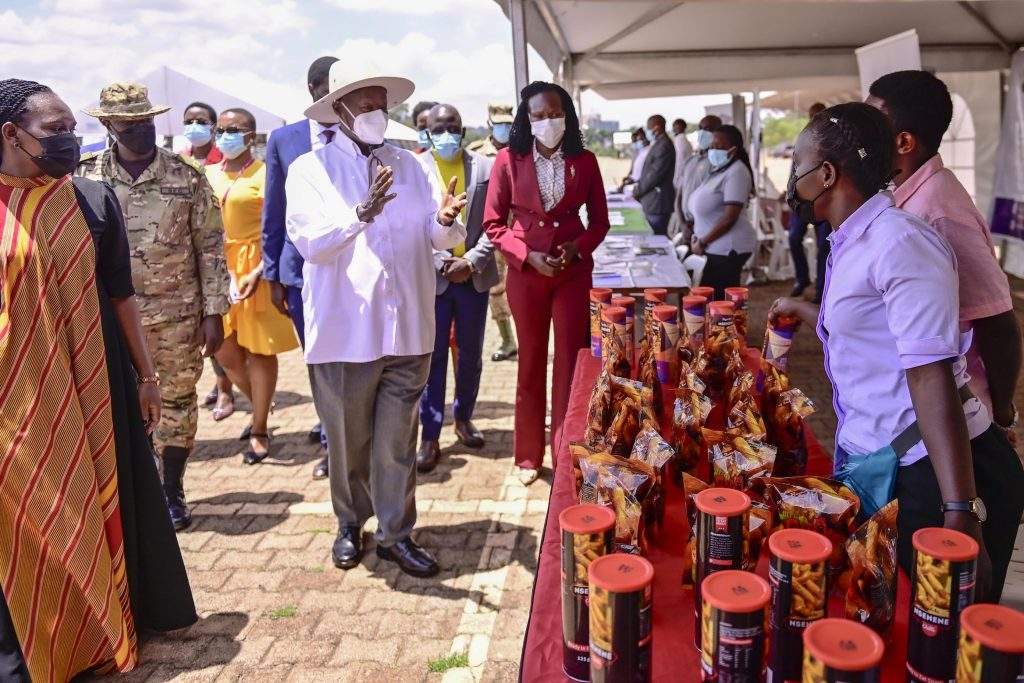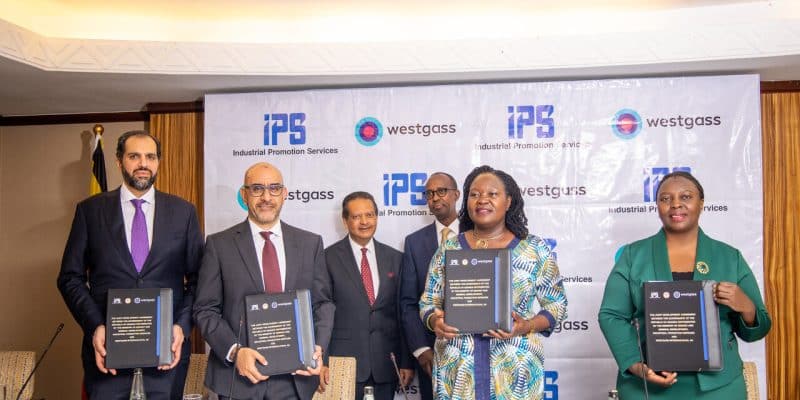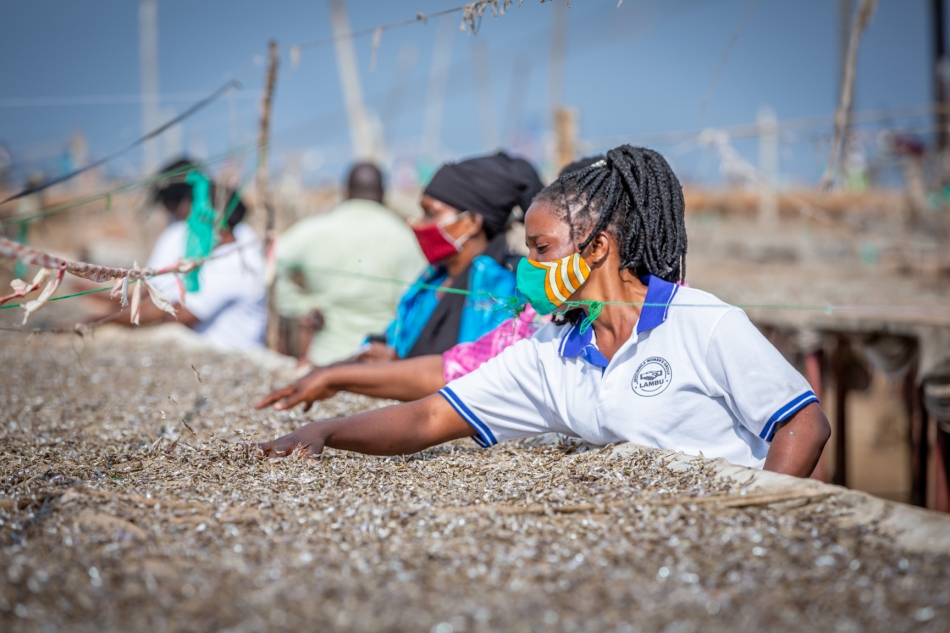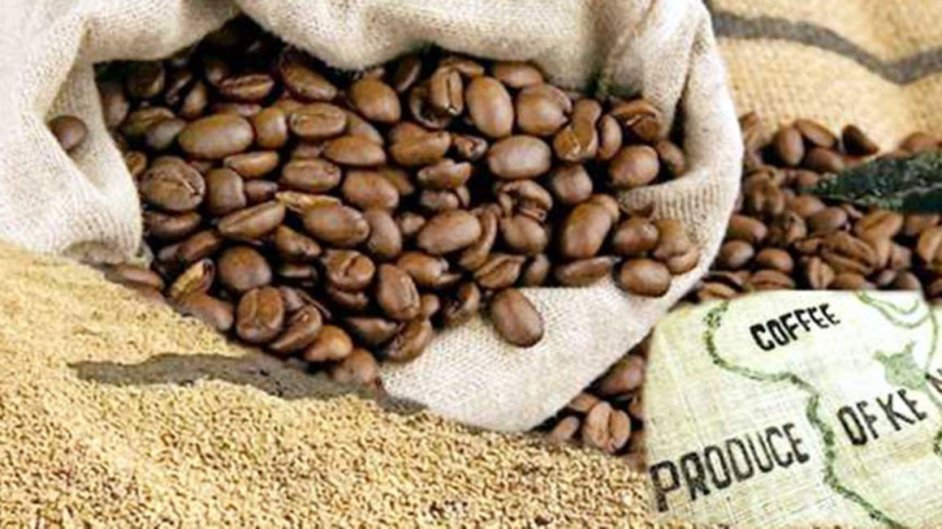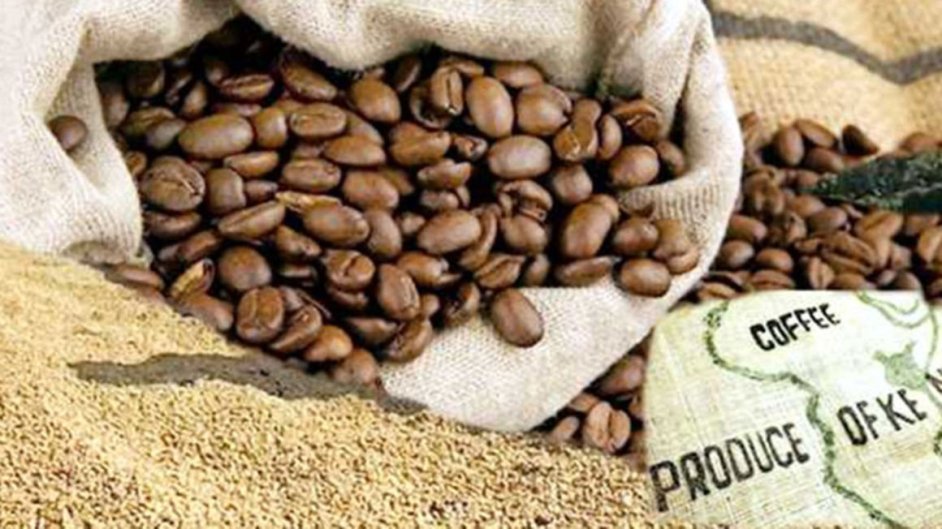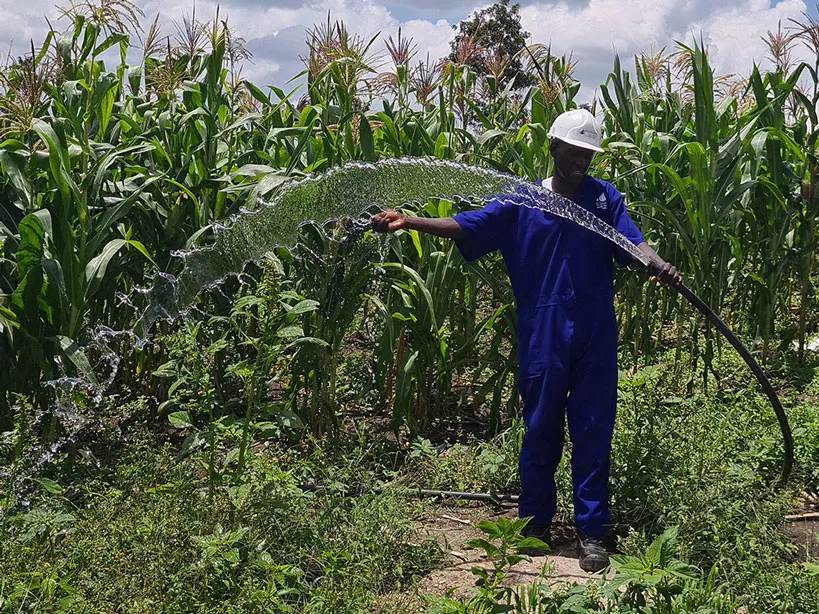aBi Trust gives UCDA UGX16 bn boost

Moses Nyabila, CEO of aBi Development, speaks at the breakfast where he announced the UGX16 bn grant.
As Uganda races to comply with the European Union's new sustainability regulations, a major financial commitment, the Agricultural Business Initiative (aBi) has pledged $4.3 million (about UGX16 billion) to support the registration of coffee farmers, a crucial step in meeting the European Union's Regulation for Deforestation-free Products (EUDR).
The stringent regulations, effective December 30, 2024, mandates that exporters provide documentation ensuring their supply chains are free from deforestation-linked products.
The EU, which consumers almost 70% of Uganda’s coffee exports, established the regulations in 2020 as a “legal framework to halt and reverse EU-driven global deforestation” aimed at reducing Europe’s contribution to greenhouse gas emissions and global biodiversity loss.
- The traceability system can enable a coffee consumer at a coffee shop say in Rome to trace the coffee in her cup to the garden where it was grown and make a decision whether to consume or not.
The importers within the EU would face sanctions if they import agricultural products that don’t carry a traceability certificate.
Speaking at a breakfast meeting in Kampala, Moses Nyabila, CEO of aBi Development, described the grant as “catalytic support.”
- He said the aBi Board approved UGX16 billion towards awareness creation, setting up a coordination unit, as well as making an initial down payment for the Traceability System, which is designed to register approximately one million coffee farmers by the end of 2024, out of an estimated 1.8 million.
The meeting, which was organized by the Uganda Coffee Development Authority (UCDA), aimed at updating stakeholders about Uganda’s progress towards implementing its National Action Plan on EUDR. The EU’s new regulation necessitates rigorous documentation from exporters of agricultural commodities like coffee and cocoa, ensuring that their products do not contribute to deforestation.
Dr. Gerald Kyalo, the Director of Development Services at UCDA, highlighted the government's dedication to meeting EUDR requirements. “The Government is committed to ensuring that Uganda continues to access the EU market by complying with EUDR standards,” Dr. Kyalo said. He applauded aBi and other development partners for their substantial contributions.
The Ugandan government has also committed about UGX14 billion in the 2024/25 budget, specifically for the registration and support of coffee farmers. This allocation is expected to bolster efforts to enhance the traceability and sustainability of Uganda’s coffee exports.
Brazil, Ethiopia and Vietnam, which are Uganda’s top competitors in global coffee production, are already in advanced stages of setting up their traceability systems.
- The financial support is therefore critical as it would ensure that Uganda’s coffee sector can meet EUDR requirements, maintaining access to the EU market, which consumes over 60% of Uganda’s coffee exports. Compliance would also enhance Uganda’s global reputation for sustainability.
- The grant would also fund awareness campaigns and training programs, helping farmers adopt sustainable practices that boost both productivity and quality. This would ensure better traceability and higher prices for quality coffee.
The establishment of a robust Traceability System and a coordination unit would be critical for monitoring and verifying compliance. This infrastructure would reduce post-harvest losses and streamline the coffee value chain.
The EU believes that by adhering to EUDR standards, the global coffee industry would contribute to environmental conservation efforts by reducing deforestation and promoting biodiversity in line with global sustainability goals.




.JPG)
